Zeolite as a Detox Powder: What Science and Experience Reveal
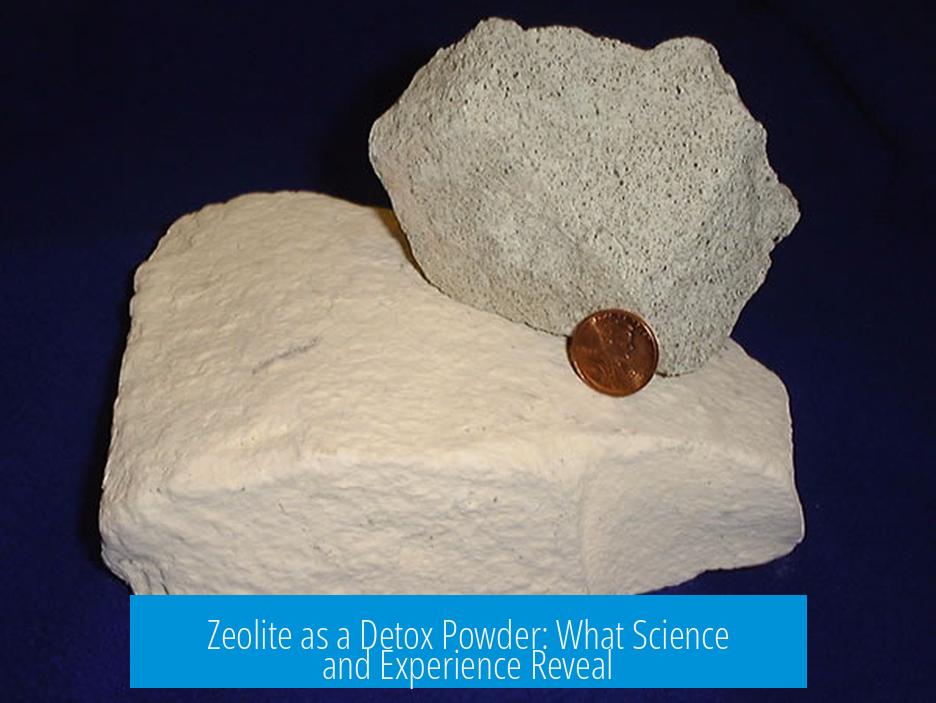
Zeolite as a detox powder is widely promoted but remains scientifically controversial and potentially risky. While some users report benefits, strong skepticism exists among medical experts. Claims of zeolite’s detox ability lack consistent clinical support, and ingestion carries safety concerns due to variable purity and possible contaminants.
Understanding Zeolite and Its Detox Claims
Zeolites are natural or synthetic microporous minerals primarily used for ion exchange and adsorption in industrial processes. Commercial detox products claim that zeolite powder binds toxins and heavy metals in the digestive tract, thereby flushing them from the body.
The detox narrative centers on zeolite’s cage-like structure, which allegedly traps harmful metals such as lead, mercury, nickel, and aluminum. Some advocate its use in detoxifying the body from environmental pollutants and metabolic byproducts.
Skepticism and Medical Warnings About Zeolite Detoxification
A large faction of medical professionals and toxicologists dismiss detox powder claims as misleading or false. Detox regimens are branded by many as unnecessary if liver and kidneys function correctly, since these organs naturally clear toxins.
- Zeolite products vary greatly in composition and purity. Some marketed powders contain non-zeolitic substances, dust particles, or carcinogenic contaminants.
- There is no medical consensus supporting zeolite powder ingestion or injection. Certified medical doctors rarely recommend it, and promotion mainly arises from naturopaths or alternative practitioners.
- Zeolite’s non-selective binding poses biochemical concerns, potentially removing essential metals like iron and copper along with toxic metals, which may cause harm.
- Reported adverse effects include allergic reactions and, in extreme cases, hair loss, emphasizing the need for caution and further research.
Scientific Research and Mechanistic Insights
Scientific studies investigate zeolite properties, particularly clinoptilolite, a common natural zeolite. Research confirms zeolite’s capacity to adsorb certain metal ions under controlled laboratory conditions. However, such binding in the human digestive tract occurs under complex physiological constraints.
Key points from research include:
- Zeolite’s mechanism relies on ion exchange and adsorption of positively charged ions (cations).
- Zeolites generally remain unabsorbed in the gut, limiting systemic detox effects.
- The presence of metals in diet and biological fluids complicates selectivity; zeolites may indiscriminately bind essential minerals.
- Injecting or introducing zeolite directly into the bloodstream is unsafe and unproven.
Moreover, factors such as dental braces (metal in oral cavity) may interfere with the intended negative charge and adsorption activity of zeolite solutions when consumed.
Anecdotes and Historical Perspectives on Zeolite Use
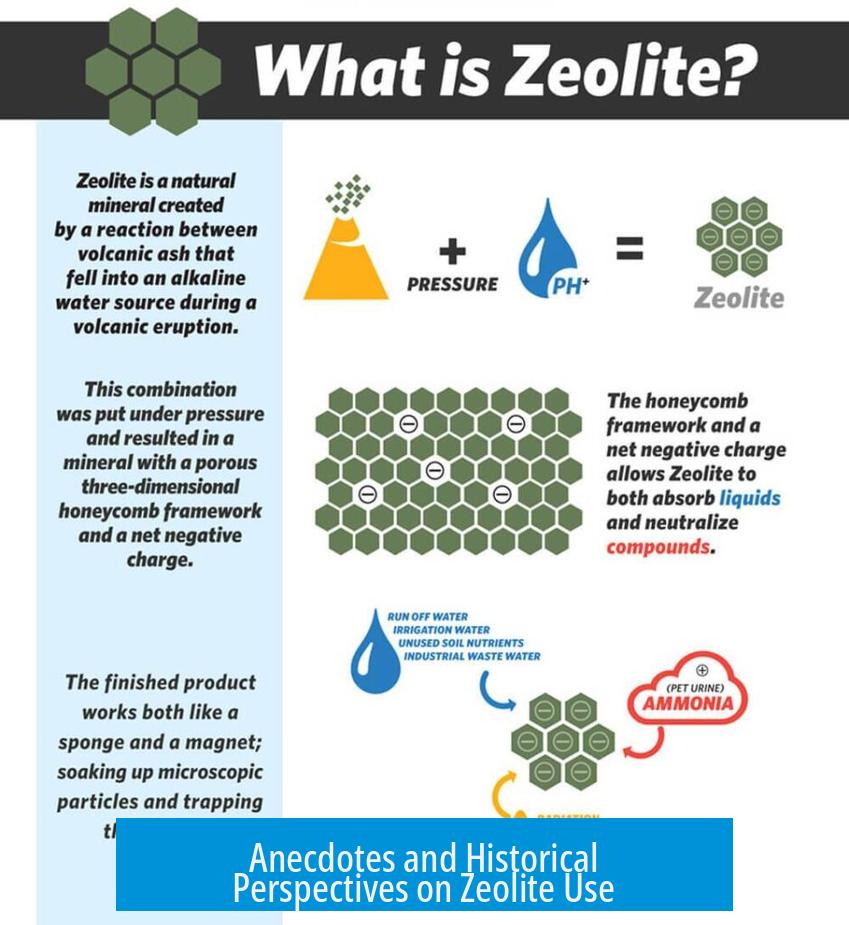
Historically, related minerals like bentonite clay have been used for bathing and topical treatments aimed at skin health and detoxification since Roman times. Zeolite itself appears in folk remedies for gastrointestinal and skin disorders.
Some individuals claim benefits using zeolite powder alongside protocols like Candida die-off therapy, where it purportedly absorbs yeast toxins and mycotoxins. While anecdotal, such reports highlight personal positive experiences.
However, anecdotal evidence lacks rigorous clinical validation and cannot substitute scientific studies.
Current and Emerging Applications
Recent discussions include using zeolite in managing post-COVID symptoms such as leaky gut syndrome and systemic inflammation induced by spike proteins. Panels of scientists are evaluating zeolite’s role as an adjunct in these contexts, but concrete clinical evidence remains limited.
Commercial products marketed as “broad spectrum heavy metal detox” powders, such as Zeolite Pure, promote the mineral’s ability to bind toxins and carry them safely out of the body. These products usually advise mixing the powder into water or smoothies and have a legacy of cultural use and some long-term consumer safety data.
Alternative and Safer Detox Strategies
Health experts highlight that the body’s own detoxification systems can be supported without reliance on detox powders:
- Fasting: Short-term water fasting can enhance autophagy and allow the body time to clear toxins naturally.
- Liver support: Supplementing nutrients involved in liver detox pathways, such as selenium, molybdenum, glutathione, and tauroursodeoxycholic acid (TUDCA), promotes effective phase 1 and 2 liver metabolism.
- Lymphatic and bile flow: Improving lymph drainage and bile secretion facilitates toxin removal through natural channels.
These approaches rely on physiological processes rather than unproven external substances and do not risk unintended mineral depletion.
Key Takeaways
- Zeolite powders claim heavy metal and toxin detox but lack robust clinical evidence and suffer from quality and safety concerns.
- Medical professionals generally dismiss detox products, emphasizing natural liver and kidney function as sufficient for toxin clearance.
- Scientific studies recognize zeolite’s ion exchange capacity, but physiological complexities limit its practical detox effectiveness when ingested.
- Anecdotal experiences and historic use exist but should be weighed against safety risks and absence of rigorous trials.
- Alternative detox methods, including fasting and liver support, offer safer and evidence-based detoxification strategies.
- Anyone considering zeolite supplements should consult a healthcare professional, particularly due to risks of contamination and imbalanced mineral binding.
Zeolite as a Detox Powder: Miracle Mineral or Marketing Myth?
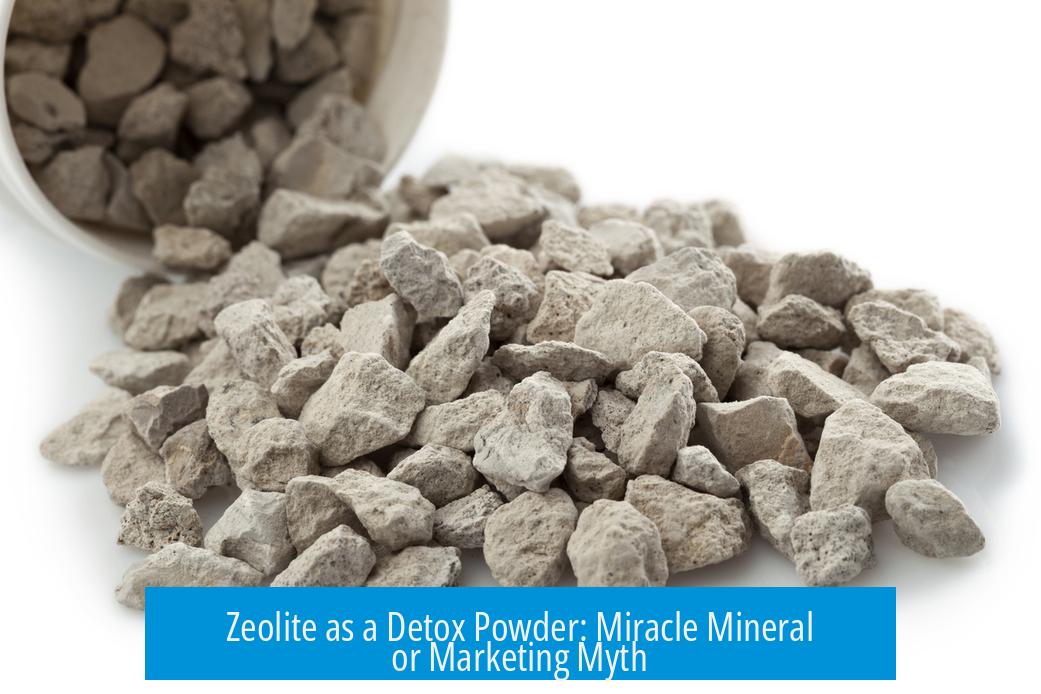
If you’re wondering, “Is Zeolite truly an effective detox powder?” the answer is both yes and no — depending on who you ask and how it’s used. This mineral has gained a lot of buzz in alternative health circles over recent years, often hailed as a natural metal detoxifier. But before you reach for that pouch, let’s take a hard look at what science, stories, and skeptics say.
Zeolite is a volcanic mineral known for its unique cage-like structure that traps ions. Many claim it can detox your body by capturing heavy metals and toxins, then whisking them away. Sounds neat, right? But hold on—there’s more beneath the surface.
The Skeptical Side: Detox Scams and Potential Risks
First, the harsh reality check. The word “detox” is often thrown around like confetti at a parade, but many experts bluntly call it a scam. If your liver and kidneys are functioning, they are already your body’s own detox machines. Everything else, including zeolite powders, might just be giving you a placebo with a price tag.
Not all zeolites are created equal. They come from the ground and vary wildly in purity and composition. Some are contaminated with lung-damaging dust or even carcinogens. Imagine accidentally eating that! It’s like buying a mystery box—you never know what you’ll get.
Also, beware of who’s hawking zeolite as a miracle detox. Are your doctors, board-certified MDs, recommending it? Or is it naturopaths and wellness bloggers? Red flag. Plus, if the zeolite binds to essential metals like iron and copper alongside the bad stuff, it might cause harm faster than good.
There are even reported cases of harm. A particularly eye-opening story tells of a man who lost all his hair after zeolite use. So, while detox dreams shimmer, caution is crucial.
Science Weighs In: Intriguing but Limited
On the flip side, zeolite isn’t some fantasy mineral. Scientific studies do exist — examining its ion-exchange properties and how it might trap molecules. For instance, research published on the National Institutes of Health website details zeolite’s interaction with heavy metals and toxins. However, here’s the catch: these studies usually involve controlled environments, not your gut.
Critically, zeolites don’t get absorbed into your digestive system. They pass through as inert particles, so they can trap metals in theory but do they capture them at the right spot, at the right time? Plus, mixing zeolite powder in a metal spoon might affect its charges, and wearing braces might interfere with how it binds toxins. Yep, it’s complicated.
The Human Element: Anecdotes and Ancient Wisdom
Despite all the scientific reservations, real people report positive effects from zeolite. Some users say it helped reduce candida die-off symptoms by absorbing yeast toxins. Others mention improved skin and digestive health. Anecdotal evidence and personal stories often drive popularity.
Historically, zeolite isn’t brand new. The Romans used bentonite clay and zeolite-like materials in baths for skin and internal cleansing. Traditional healing taps into these minerals for myriad benefits. So, there’s a thread connecting yesterday’s practices to today’s supplements.
Modern Applications: Beyond Detox Marketing
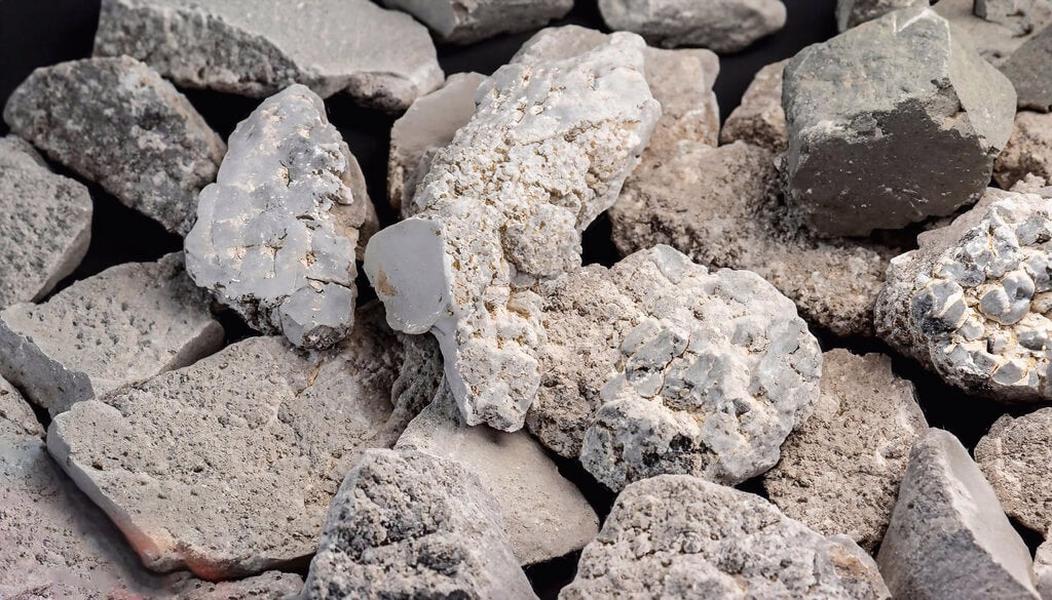
Interestingly, some scientists explore zeolite for post-COVID syndromes and leaky gut issues caused by spike proteins from infection or vaccines. Research panels are discussing it seriously now, which adds a fresh angle to this powder’s potential.
Commercial products like Zeolite Pure claim to remove heavy metals safely with over 25 years of use backing them up. This micronized powder mixes easily into water or smoothies and promises no residue left behind. But remember, “proven safe” doesn’t always mean “proven effective” in detox.
Better and Safer Ways to Detoxify
If you’re searching for true detox without questionable powders, consider this: the body’s natural detox systems—your liver, kidneys, skin, and lymphatic system—are experts. Supporting them pays off more than chasing magic powders.
Simple fasting, yes fasting, is a powerful detox strategy. Three days of water fasting can give your system a break and allow autophagy—the body’s own way of clearing bad cells. It’s economical and rooted in science. No additives required.
Focusing on liver detoxification pathways is another great approach. Nutrients such as glutathione, selenium, molybdenum, and TUDCA support phase 1 and 2 liver functions. Open bile ducts, encourage lymph flow, and allow your organs to shine. A PhD isn’t needed, just consistency and the right knowledge.
Final Thoughts: Should You Try Zeolite?
So, what’s the verdict? Zeolite as a detox powder is an intriguing option but not a silver bullet. Its chemistry might help trap some toxins, yet practical risks and the lack of definitive human evidence should make you pause.
Would you rather rely on your body’s time-tested detox organs boosted by good nutrition, hydration, and perhaps a fast? Or put faith in a mineral supplement with mixed reviews and some known dangers? Ultimately, informed choice is key. If you go zeolite, pick reputable brands and consult a healthcare professional.
Here’s a question to mull over: If your body does detox every day, why do we feel so drawn to “special” powders? Is it the promise of overnight change, or are we skipping the slow, steady work of healthy living?
Whatever your approach, keep learning, listening, and prioritizing your health with evidence on your side.
Looking for more facts or want help offering up your own detox? Bookmark reliable sources and keep your skeptic hat handy!


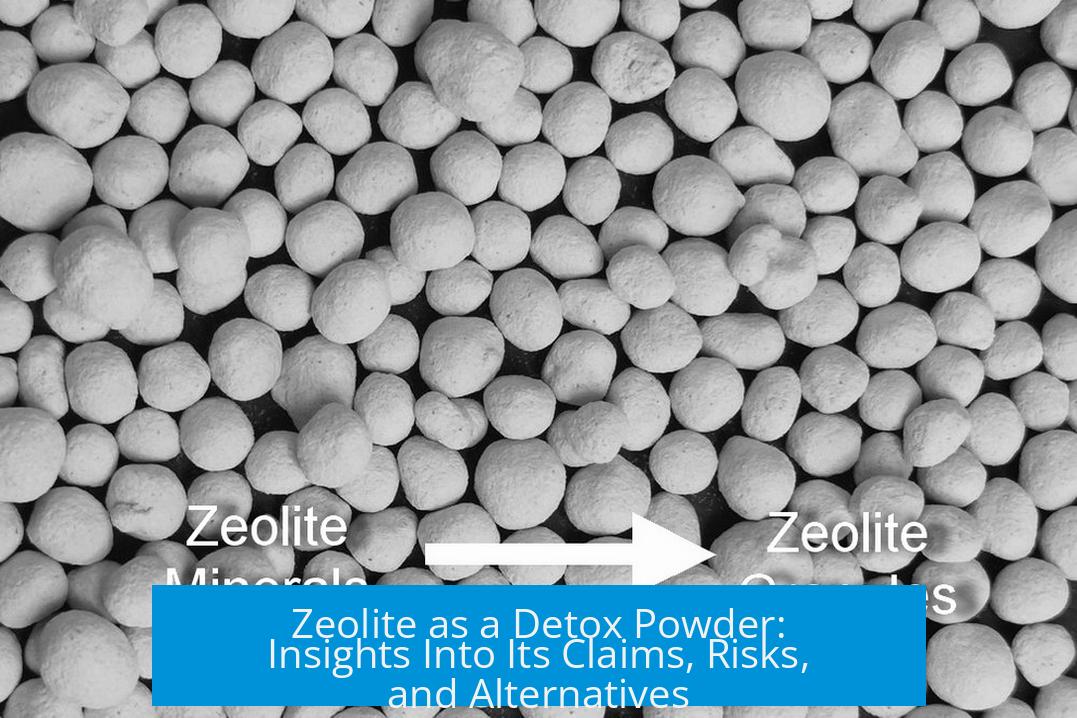
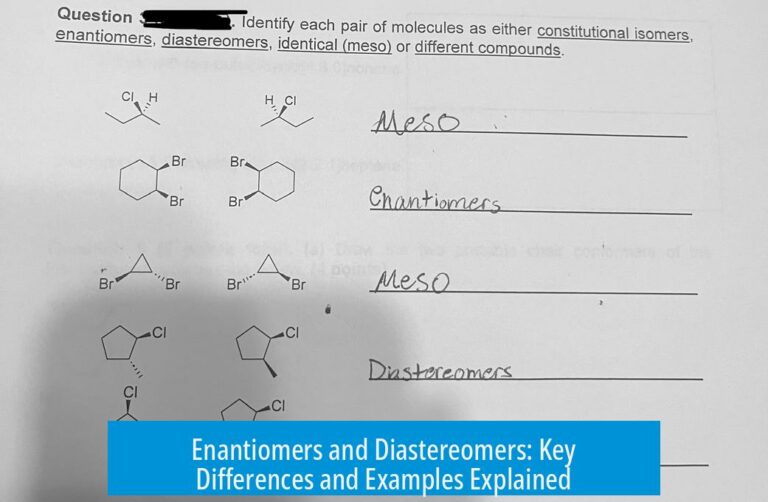

Leave a Comment